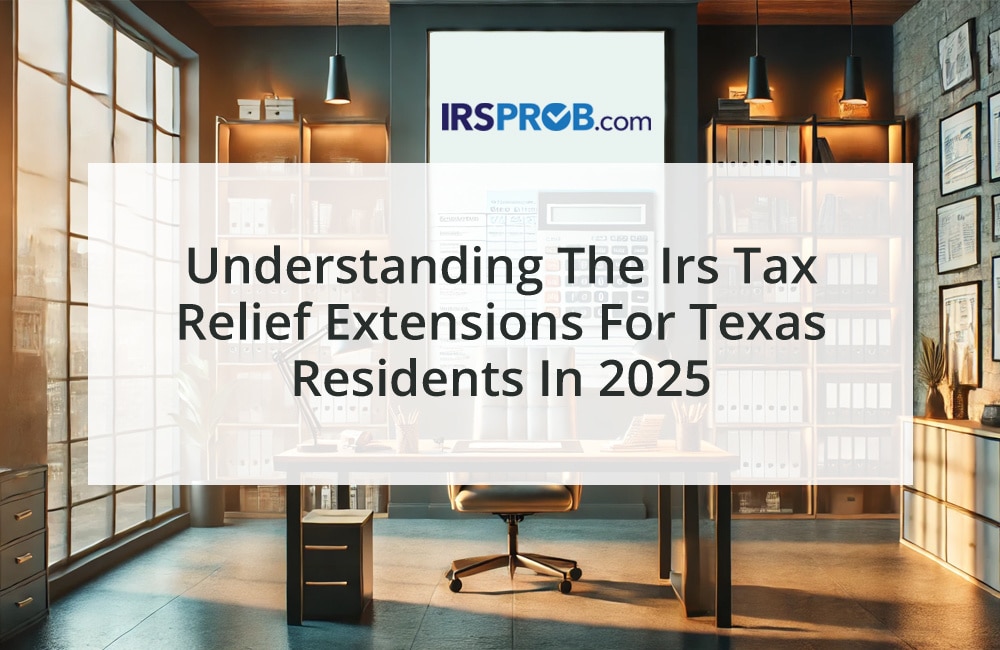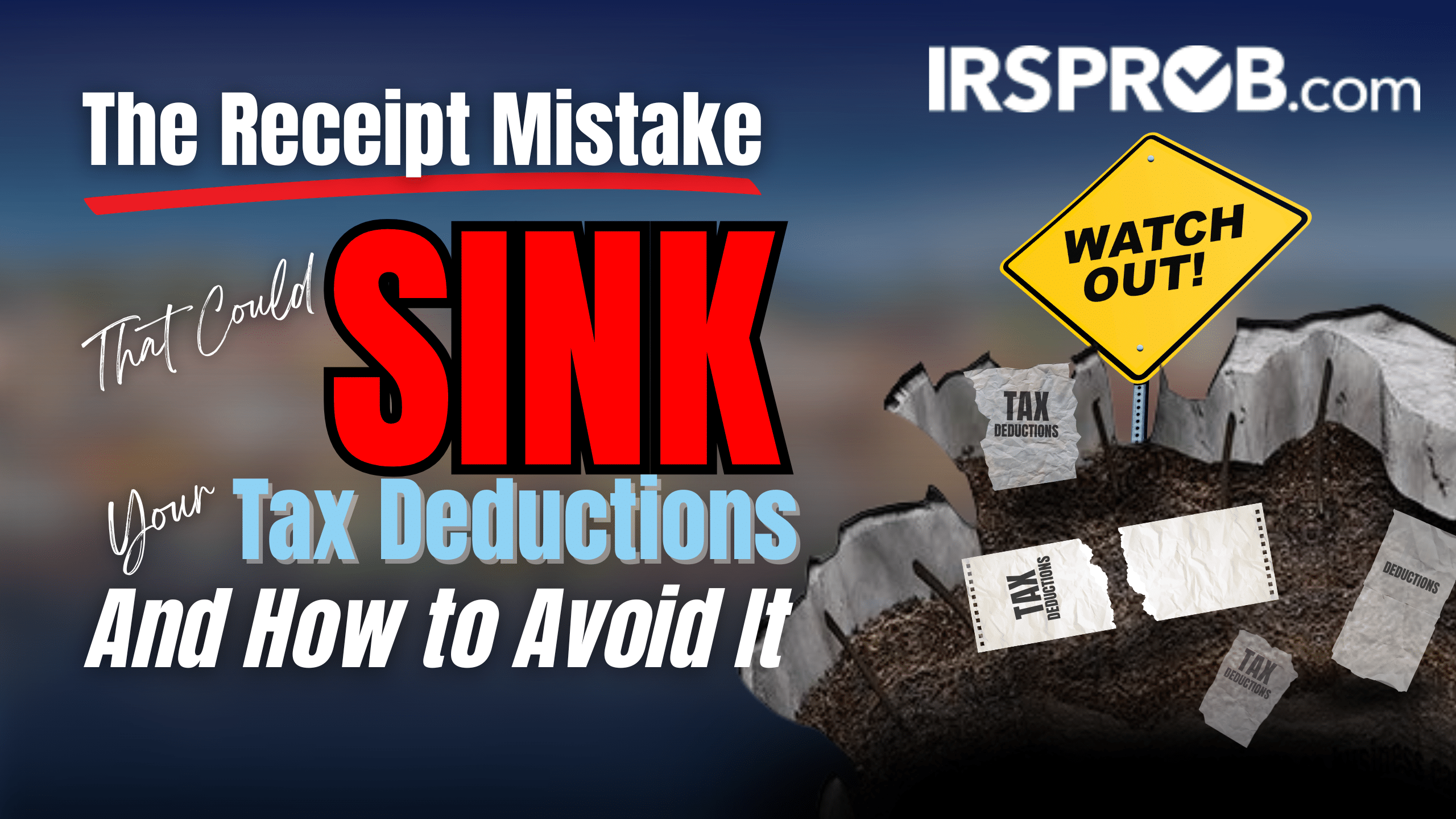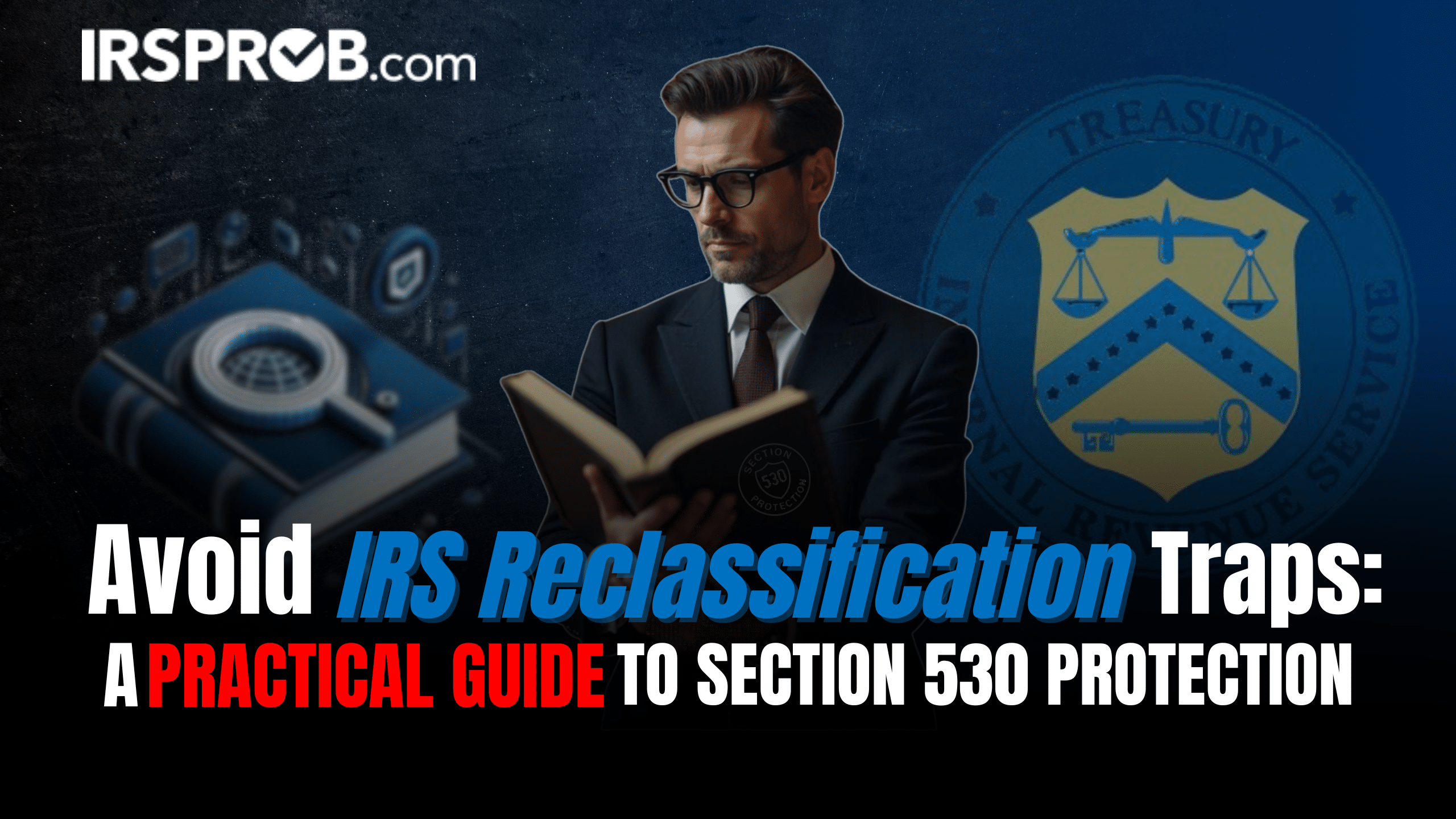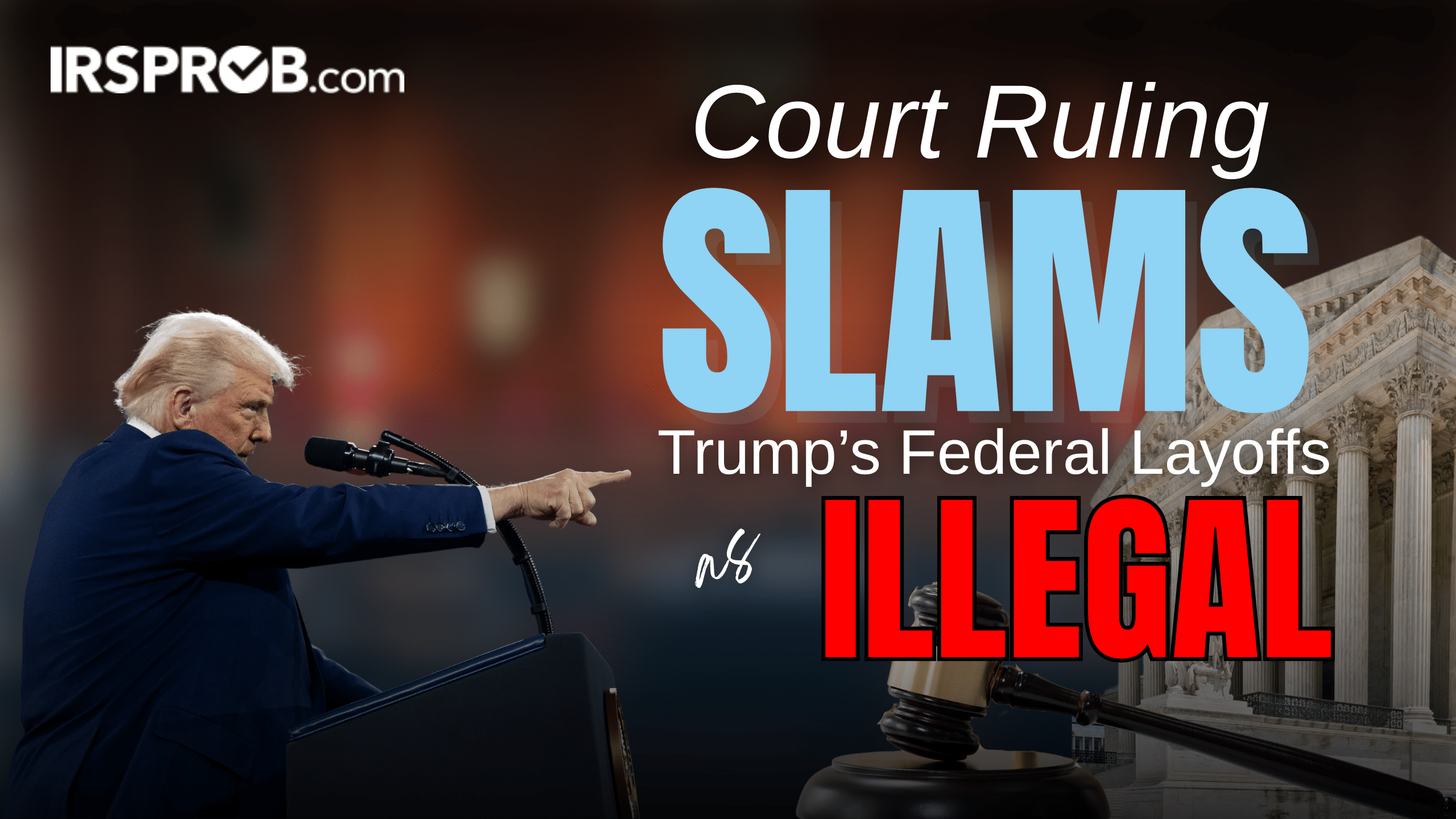Tangled in the Tax Web: Unraveling Federal and State Liens
When it comes to tax liens, it’s like being caught in a spider’s web – sticky, uncomfortable, and potentially disastrous if you don’t know how to navigate it. But fear not, dear taxpayer, for we’re about to embark on a thrilling journey through the labyrinth of federal IRS tax liens and state tax liens. These two formidable foes may seem similar at first glance, but they’re as different as apples and oranges – or should we say, as different as Uncle Sam and your friendly neighborhood tax collector.
Let’s start with the big kahuna: federal IRS tax liens. These bad boys are the heavyweight champions of the tax lien world, packing a punch that can be felt across state lines. When the IRS slaps you with a federal tax lien, it’s like getting a stern letter from the principal’s office – but instead of detention, you’re facing potential asset seizure and a credit score nosedive. These liens are the federal government’s way of saying, “Hey, we noticed you haven’t paid your taxes, and we’re not too happy about it.”
On the other side of the ring, we have state tax liens. These are the local heroes of the tax collection world, swooping in to claim their piece of the pie when you’ve fallen behind on state taxes. While they may not have the nationwide reach of their federal counterparts, state tax liens can still pack a wallop to your financial well-being. Think of them as the neighborhood watch of the tax world – always keeping an eye out for delinquent taxpayers in their jurisdiction.
The Nitty-Gritty: Dissecting the DNA of Tax Liens
Now that we’ve dipped our toes into the murky waters of tax liens, it’s time to dive deeper and really get our hands dirty. Let’s start with the reach of these liens. Federal IRS tax liens are like that one friend who somehow knows everyone – they extend their tendrils across the entire United States. This means that no matter where you go, from the sunny shores of California to the bustling streets of New York, that federal lien will follow you like a persistent shadow. It’s the tax equivalent of a clingy ex who just won’t take the hint.
State tax liens, on the other hand, are more like the hometown hero who never left their small town. They’re typically limited to the state in which they’re filed, which means you could theoretically skip town and leave them in your rearview mirror. But before you start packing your bags for a tax-free adventure, remember that running from your problems rarely solves them – and in this case, it might just land you in even hotter water.
Another key difference lies in the priority of these liens. Federal tax liens generally take precedence over most other creditors, including state tax liens. It’s like being first in line at the buffet – Uncle Sam gets to fill his plate before anyone else gets a chance. State tax liens, while still serious, often have to wait their turn behind federal liens and other secured creditors. This pecking order can have significant implications when it comes to settling debts or selling property.
Your Texas-Sized Solution: Why IRSProb is Your Lone Star in the Dark
Now, you might be thinking, “Great, I’m caught between the federal hammer and the state anvil. What’s a Texan to do?” Well, partner, that’s where IRSProb rides in like a knight in shining armor – or should we say, a cowboy in a well-pressed suit. When it comes to navigating the treacherous terrain of tax liens, having a local expert in your corner can make all the difference.
IRSProb isn’t just another tax relief company; we’re your neighbors, your fellow Texans who understand the unique challenges faced by local taxpayers. We know the ins and outs of both federal and state tax laws like the back of our hands, and we’re not afraid to go toe-to-toe with the IRS or the Texas Comptroller’s office. It’s like having a secret weapon in your arsenal – one that speaks fluent Texan and tax code.
But what really sets IRSProb apart is our deep understanding of how federal and state tax liens interact in the Lone Star State. We know that Texas has its own quirks when it comes to tax law, and we use this knowledge to craft strategies that work for you. Whether you’re dealing with a federal lien that’s hounding you across state lines or a Texas-sized state tax problem, we’ve got the expertise to help you lasso that debt and ride off into the sunset of financial freedom.
The Texas Tax Tango: Why IRSProb Leads the Dance
When it comes to navigating the complex world of Federal IRS Tax Liens and State Tax Liens, Texans need a partner who knows how to two-step through the intricacies of tax law. Enter IRSProb, the Lone Star State’s premier tax relief company. With a deep understanding of both federal and state tax lien processes, IRSProb stands out as the go-to choice for Texans facing tax troubles.
What sets IRSProb apart is their unique blend of local expertise and national know-how. While the IRS may seem like a distant, faceless entity, Texas state tax authorities are right in your backyard. IRSProb’s team of tax professionals understands the nuances of Texas state tax laws and how they interact with federal regulations. This dual expertise is crucial when dealing with the key differences between Federal IRS Tax Liens and State Tax Liens.
Moreover, IRSProb’s track record speaks volumes. They’ve helped countless Texans resolve both federal and state tax liens, often achieving outcomes that clients never thought possible. From negotiating payment plans to securing lien releases, IRSProb’s strategies are tailored to each client’s unique situation. They don’t just apply a one-size-fits-all approach; instead, they craft bespoke solutions that consider the specific interplay between federal and state tax obligations.
Demystifying the Lien Labyrinth: Your Burning Questions Answered
Let’s face it: tax liens are about as clear as a tumbleweed-filled dust storm. But fear not, fellow Texans! We’re here to clear the air and answer some of the most pressing questions about Federal IRS Tax Liens and State Tax Liens.
First up: “Can I have both a federal and state tax lien at the same time?” You betcha! It’s like wearing both cowboy boots and a sombrero – uncomfortable, but entirely possible. Federal and state tax authorities operate independently, so you could find yourself lassoed by both simultaneously. This is where IRSProb’s expertise becomes invaluable, as they can help you strategize how to tackle both liens effectively.
Next question: “Which lien takes priority – federal or state?” Well, it’s not exactly a showdown at high noon. Generally, federal tax liens take precedence over state liens. However, the timing of when each lien was filed can affect their priority. It’s a complex dance of dates and dollars that IRSProb is well-versed in choreographing.
Lastly, many folks wonder, “Can I sell my property if I have a tax lien?” It’s not impossible, but it’s about as easy as herding cats. Both federal and state tax liens attach to your property, making it difficult to sell without first addressing the lien. However, there are strategies to navigate this situation, and that’s where IRSProb’s experience shines. They can help you explore options like lien subordination or discharge, potentially allowing you to sell your property and settle your tax debt.
Saddling Up with IRSProb: Your Path to Tax Lien Liberation
Now that we’ve corralled some knowledge about Federal IRS Tax Liens and State Tax Liens, it’s time to talk about taking action. If you’re facing tax liens in Texas, partnering with IRSProb is like having a seasoned trail guide for your journey through the tax wilderness.
Your first step? Pick up that phone faster than a tumbleweed in a tornado and dial 866-861-4443. IRSProb’s friendly team is standing by, ready to listen to your situation and offer initial guidance. Remember, in the world of tax liens, time is of the essence. The sooner you reach out, the more options you’ll have for resolving your tax issues.
Once you’ve made contact, IRSProb will schedule a comprehensive consultation. This isn’t just a quick howdy-do; it’s a deep dive into your specific tax situation. They’ll examine the details of your Federal IRS Tax Liens and State Tax Liens, assess your financial situation, and start crafting a personalized strategy. It’s like getting a custom-fitted cowboy hat – tailored specifically to your needs.
After the consultation, IRSProb’s team will spring into action faster than a jackrabbit on a hot griddle. They’ll begin negotiations with both federal and state tax authorities, leveraging their expertise to seek the best possible resolution for your tax liens. This might involve requesting lien withdrawals, negotiating payment plans, or even exploring options for tax debt reduction. Throughout the process, they’ll keep you informed and involved, ensuring you’re never left in the dark.









